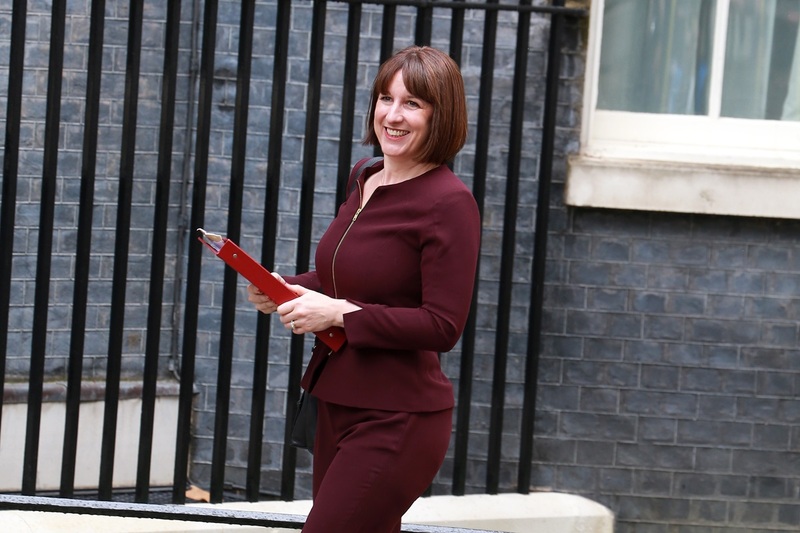Tackling debt and financial difficulty needs to be at the heart of the Chancellor’s first Autumn Budget
The Money Advice Trust’s Matt Hartley outlines what the charity behind National Debtline is hoping to see in the upcoming Autumn Budget.
At the end of October, Labour will outline its financial strategy for the country as Rachel Reeves delivers her first Budget as Chancellor.
The Budget offers a chance to see in more detail how the Government plans to deliver the missions they set out during the election campaign. For us, it’s vital that people in financial difficulty aren’t left behind.
There is a lot the Government needs to do, and with energy debt at record levels tackling the impact of high energy bills needs to be a priority.
Our own research points to millions of households with energy debts they cannot afford, and this is likely to get worse with the introduction of a nine percent increase in the energy price cap this month, just as we approach winter and peoples’ energy usage increases as the months get colder.
There has rightly been a lot of attention given to plans to scale down eligibility for the Winter Fuel Allowance, and we share concerns with others in the sector over the impact on many people who rely on the allowance to pay for their energy costs.
But reaction to the changes to the Allowance have exposed a wider issue that has been there for a long time. We urgently need a system that ensures people on low incomes can afford the energy they need.
A social tariff would help tackle this issue by lowering the cost of energy bills for low-income households that qualify. This would go some way to bringing down the levels of energy debt in the long term.
But in the shorter term, our advisers at National Debtline and Business Debtline are still regularly hearing from people who are struggling to repay energy arrears built up during this period of high energy costs.
What’s needed now is action to help people trapped in energy debt, through a Help to Repay scheme of the kind the Money Advice Trust has proposed, which would offer repayment matching and write-off for those most severely affected.
Beyond energy, there is more the government can and should do to support struggling households. Our advisers at National Debtline see clearly the impact on people when they are unable to meet their essential costs, like food or energy, due to their Universal Credit payments simply not covering the cost of living.
That’s before you take into account the system of debt deductions from Universal Credit, which more than half (55%) of households receiving Universal Credit are subject to.
In reality, this means that many are pushed into further hardship when they need support the most. What’s needed now is an urgent review of Universal Credit to make sure it does what it is meant to do – support people on very low incomes to afford the essentials while also supporting those who can work into employment.
Deductions from Universal Credit are just one example of how government debt collection practices lag far behind that of the private sector. Council tax collection is another example – with rules governing the collection of unpaid council tax meaning arrears can quickly escalate after just one missed payment.
The Money Advice Trust’s research with the Centre for Social Justice shows that 2.7 million debts were passed to bailiffs by local authorities in 2022/23. And reductions in funding for local council tax support schemes mean many more people are facing higher bills than they can reasonably afford.
A priority for this Government needs to be ensuring people owing debts to central and local government are treated fairly and repayments are affordable.
Without urgent reform of government debt collection rules, struggling households will continue to be pushed into financial difficulty by a system that often fails to take into account their circumstances, or what they can afford to pay.
The upcoming Fraud, Error and Debt bill could provide an opportunity for the government to review its departments’ debt collection practices.
As ever, the Chancellor faces pressure to deliver across a wide range of issues come the 30 of October. But with many households up and down the country facing financial stress, bringing down essential costs and ensuring people have enough income to get by needs to be a defining aim of this government.
These are just some of the ways we think this can be achieved.
Stay up-to-date with the latest articles from the Credit Strategy team
Get the latest industry news
 Matt Hartley
Matt Hartley





